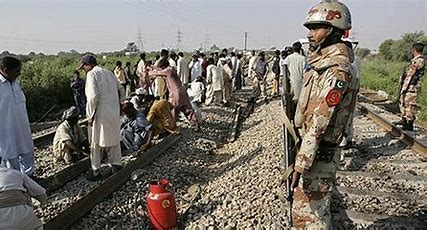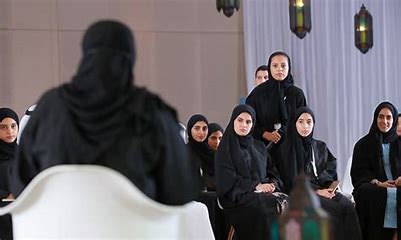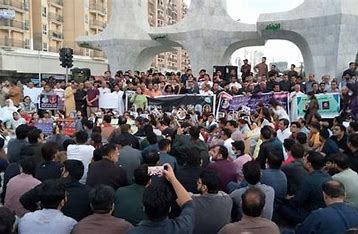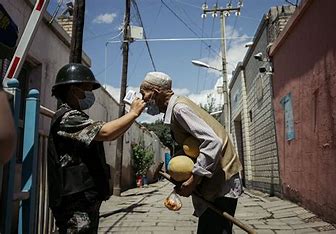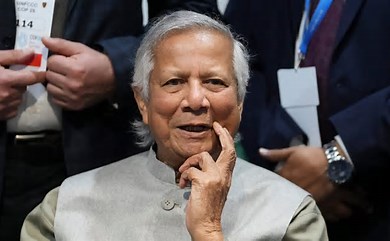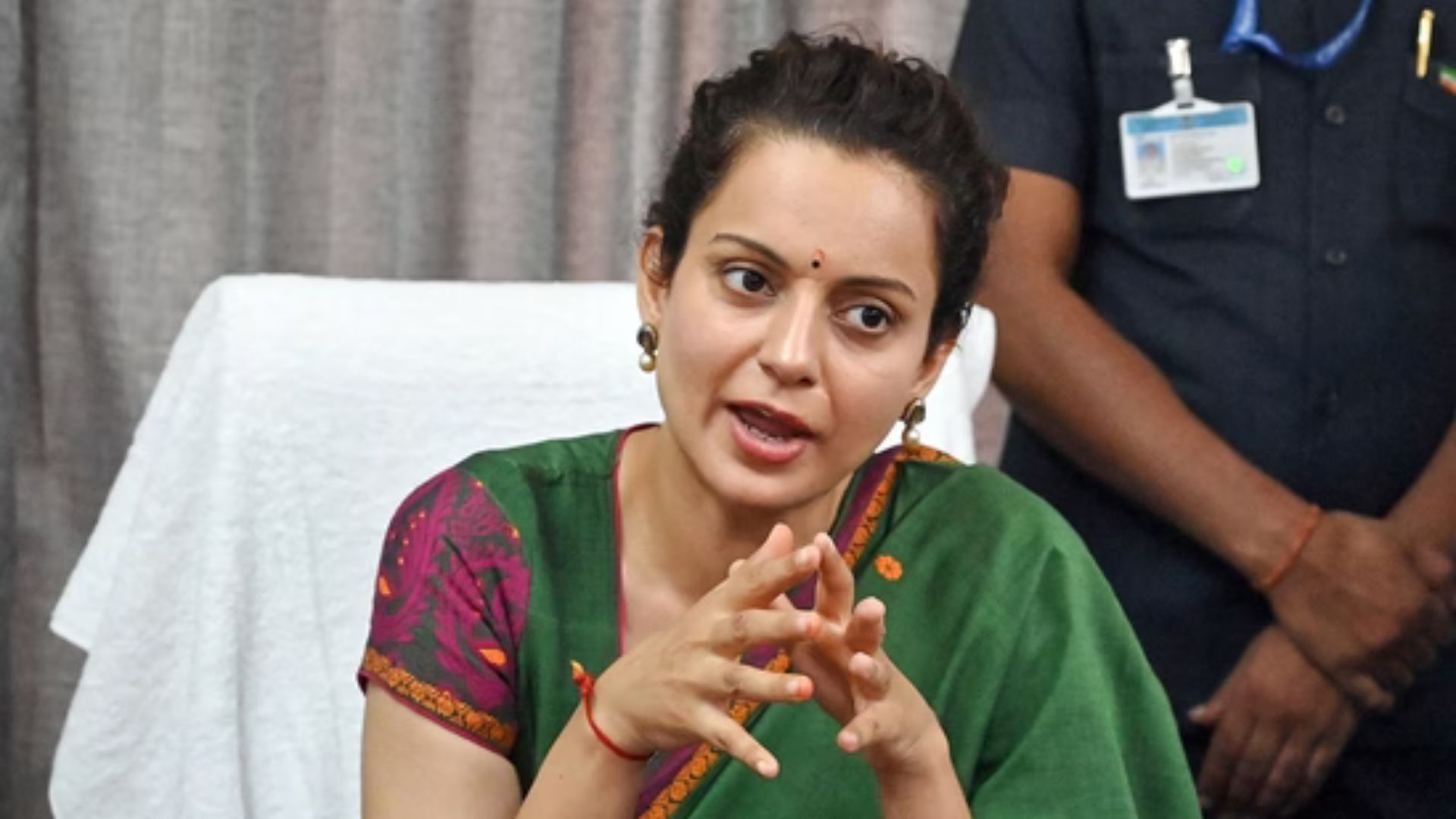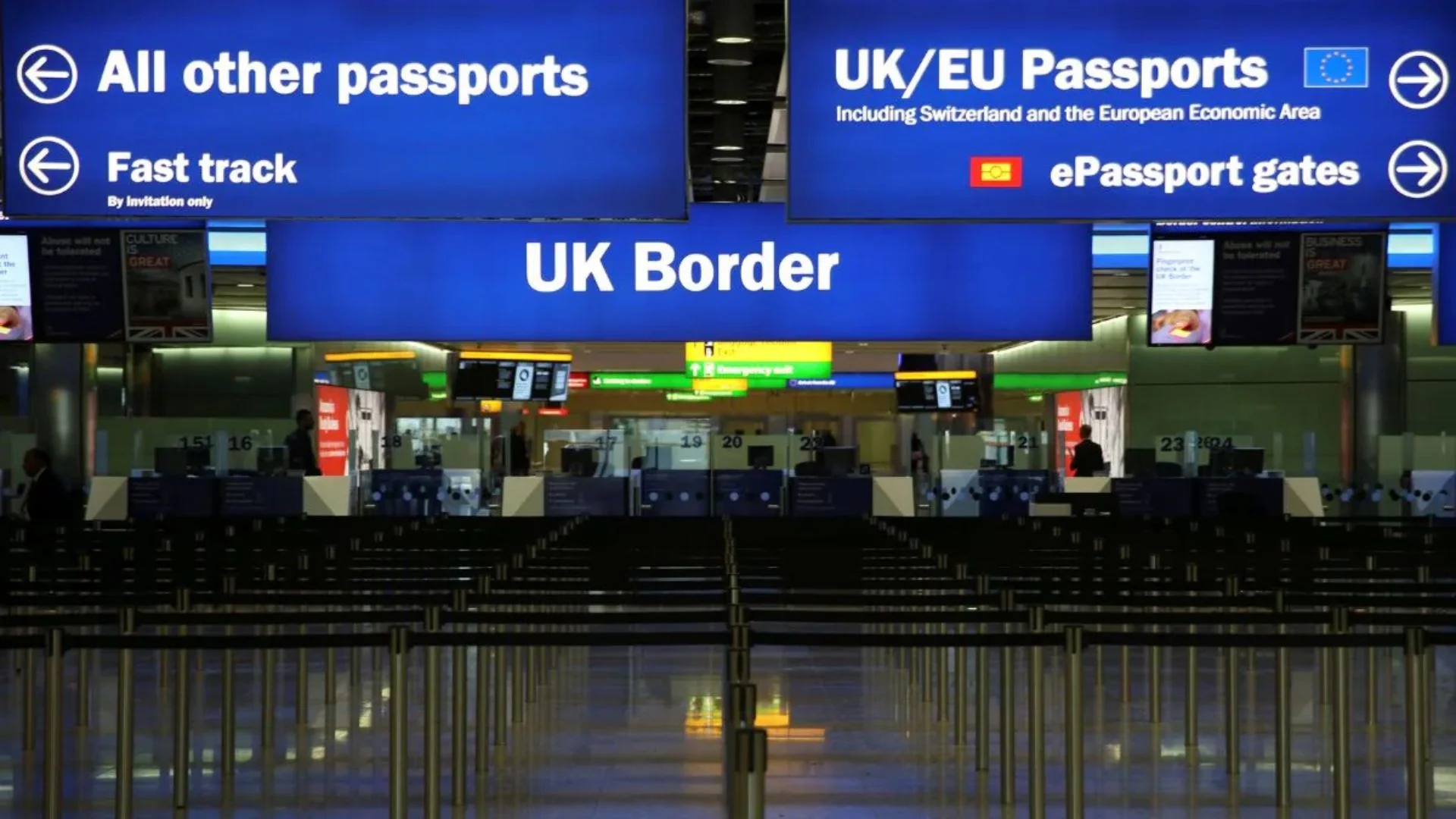
Ancestry Tests as a Gateway to Dual Citizenship
More than 40 million people worldwide have used DNA ancestry tests from companies like Ancestry, 23andMe, and MyHeritage since the first public genetic genealogy test was launched in 2000. Originally employed for uncovering ancestral heritage and discovering unknown relatives, these tests are now being utilized in a new and significant way: applying for citizenship.
Rising Trend in Citizenship Applications
Professor Turi King, director of the Milner Centre for Evolution at Bath University and presenter of the BBC show ‘DNA Family Secrets’, predicts that DNA testing will increasingly serve as a tool for gaining dual citizenship. King noted that as more individuals uncover their ancestry and biological connections, they can leverage this information to acquire citizenship in various countries. “The use of DNA evidence to secure citizenship will only grow,” King remarked, highlighting the appeal of Irish passports, which also grant EU membership.
Success Stories and Changing Lives
Ireland’s Department of Foreign Affairs has confirmed that DNA evidence is already being used by applicants to prove their entitlement to Irish citizenship through a parent. One notable case is Richard Sayers, featured on ‘DNA Family Secrets’ in 2022. Sayers used DNA results to locate his father, an Irishman from Galway, and subsequently applied for an Irish passport. This new citizenship allowed him and his wife to relocate to La Manga, Spain, marking the fulfillment of a long-held dream.
Similarly, former Team GB Olympian Sarah Claxton, 44, used ancestry DNA testing to track down her American father, whom she had known only by a nickname. The test connected her with one of his grandchildren, providing the answers she had long sought.
These developments reflect a growing trend where DNA testing not only uncovers family connections but also opens doors to new opportunities, including citizenship.
